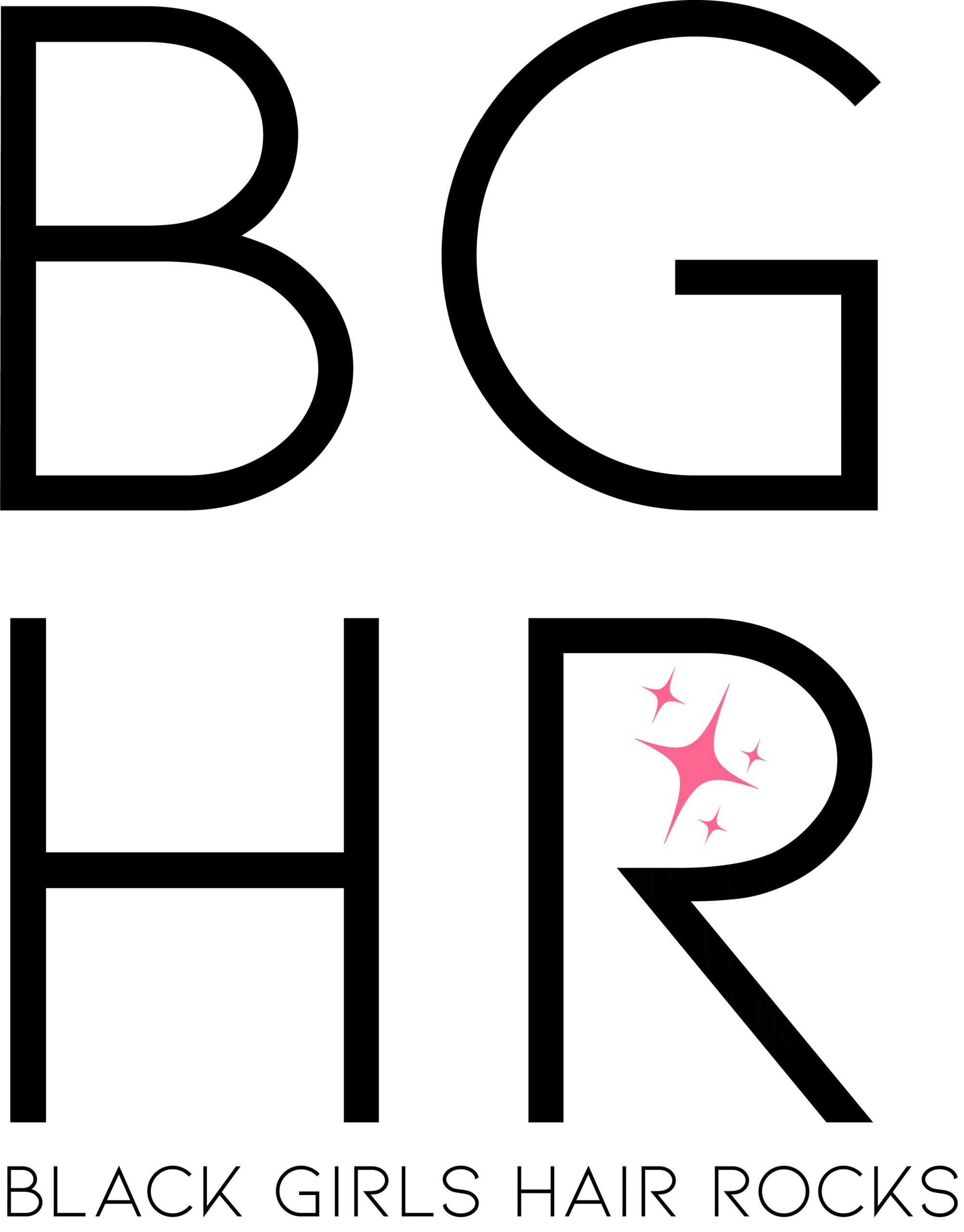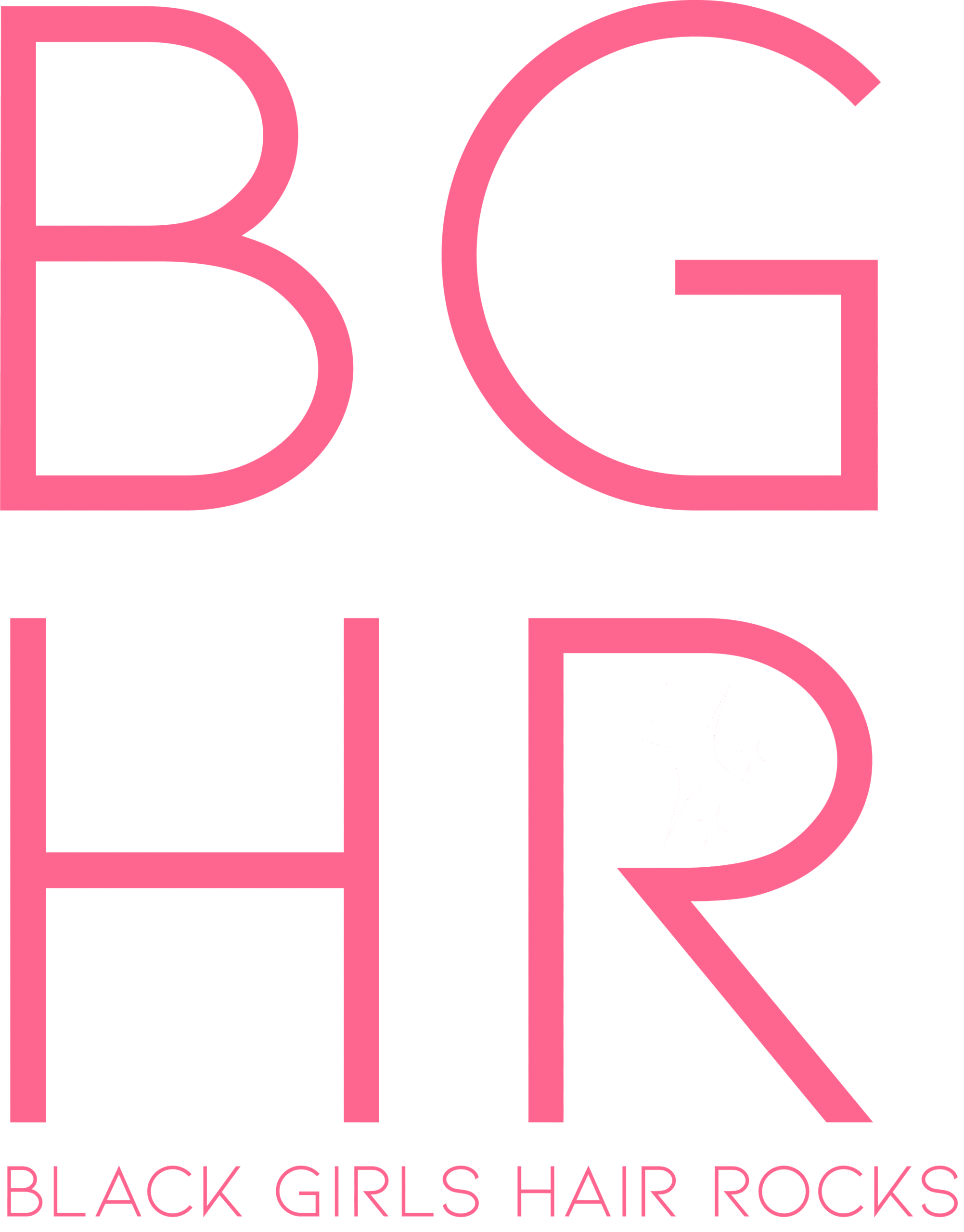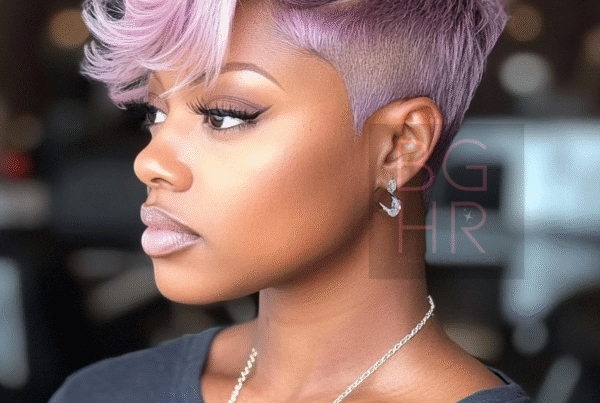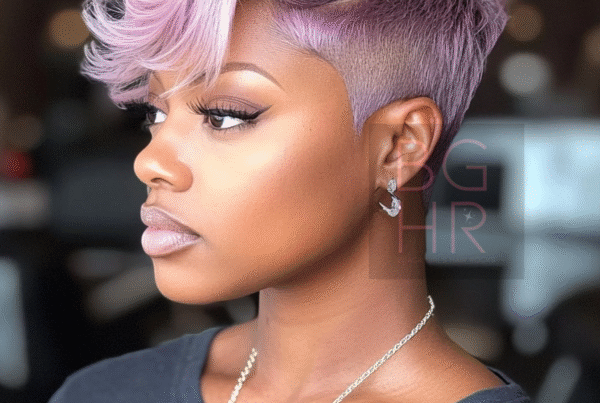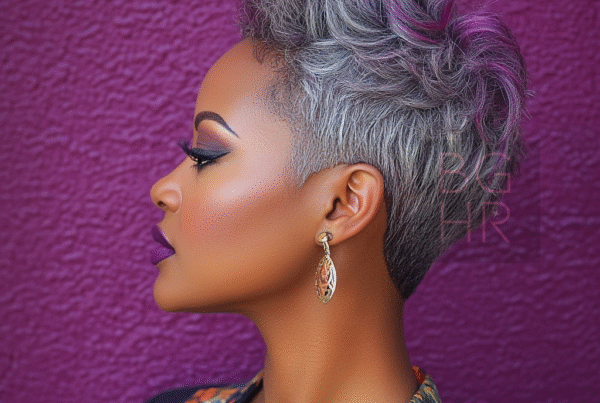Black hair is more than just a physical trait; it is a powerful symbol of cultural heritage, identity, and resilience. Throughout history, black hair has held profound significance within African communities, serving as a means of communication, self-expression, and cultural pride. This blog takes a deep dive into the historical roots of black hair, exploring its rich legacy and its enduring impact on black individuals worldwide.
Ancient African Traditions:
In ancient Africa, hair was considered a reflection of one’s identity and social standing. Different hairstyles and hair adornments conveyed a person’s age, marital status, tribe affiliation, and even spiritual beliefs. Intricate braids, twists, and cornrows were not only beautiful but also practical for maintaining hair health and managing diverse textures.
The Influence of the Transatlantic Slave Trade:
The transatlantic slave trade forcibly displaced millions of Africans, severing their connections to their homeland and cultural practices, including hair care and styling traditions. Enslaved individuals were often stripped of their cultural identities and forced to adopt Eurocentric beauty standards, resulting in the suppression of their natural hair textures.
Hair as Resistance and Identity:
Despite the oppressive conditions of slavery, black individuals found ways to preserve their cultural identity through their hair. They covertly maintained traditional hair practices, passing down knowledge from generation to generation. Moreover, some slaves utilized hair as a form of resistance, hiding seeds and escape tools in their hair as they journeyed towards freedom.
The Rise of Black Hair Care and Beauty Culture:
Following emancipation and the abolishment of slavery, there was a reclamation of black identity, including the celebration of natural hair. In the late 19th and early 20th centuries, black entrepreneurs, such as Madame C.J. Walker, pioneered hair care products specifically designed for black hair, laying the foundation for the black hair care industry.
The Black Power Movement and the Afro:
The 1960s saw the rise of the Black Power Movement, a pivotal moment in the history of black hair. The afro hairstyle became a symbol of black pride, defiance against societal norms, and a political statement against racial discrimination. It became a visible expression of the movement’s call for self-empowerment and the celebration of black culture.
Braids, Twists, and Locs as Cultural Heritage:
Braids, twists, and locs are more than just hairstyles; they carry deep cultural significance for black communities worldwide. Passed down through generations, these styles are a testament to the creativity, artistry, and storytelling within black culture. They serve as a means of preserving cultural heritage and celebrating ancestral traditions.
The Natural Hair Movement’s Resurgence:
In recent decades, the Natural Hair Movement has experienced a powerful resurgence. Black individuals are embracing their natural hair textures with pride, rejecting harmful hair practices, and promoting self-acceptance. Social media and online communities have played a vital role in sharing hair care knowledge, encouraging inclusivity, and breaking down beauty stereotypes.
Conclusion:
The historical roots of black hair reflect a profound journey of identity, resilience, and cultural heritage. From ancient African traditions to the struggles of the transatlantic slave trade and the modern resurgence of the Natural Hair Movement, black hair has always been a symbol of pride, defiance, and unity within black communities worldwide. As we celebrate the rich history and significance of black hair, let us continue to foster inclusivity, embrace diversity, and promote self-love, ensuring that every individual can confidently express their authentic selves and celebrate the beauty of their natural hair.
